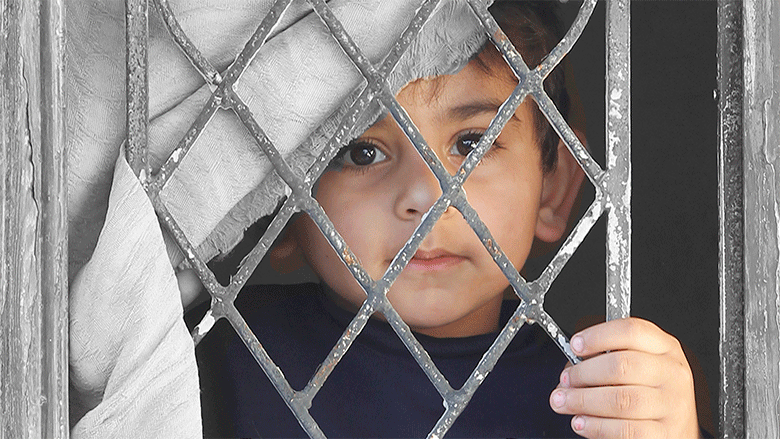Staying Ahead of the Curve: Preparing for Eventual Re-Engagement in Syria
Syria Information and Research Initiative (SIRI)
This session will presenit a remote in-conflict damage assessment for readiness and preparedness for rapid response once the situation allows. It will present findings and innovative methodology used to prepare this assessment of quantitative damage to six sectors in six cities in Syria through satellite imagery and social media web analytics. This methodology was used in the Iraq Emergency Development Operation and Yemen.
Presenter: Raja Rehan Arshad, Lead Disaster Risk Management Specialist.
Creating a Launching Pad to Reconstruct Syria
When peace eventually comes to Syria, the magnitude of the reconstruction effort will be immense - the construction sectors of neighboring countries will play an important role. Historically, a common feature of major reconstruction efforts associated with natural disasters or cessation of conflict has been a substantial spike in the price of construction materials. We are currently exploring options to create jobs now for host and refugee communities by ‘bringing forward’ the manufacture of selected construction materials that will be needed once there is peace. In order to attract investments and create jobs before war ends, a funding scheme is proposed that would offer a commitment to purchase reconstruction goods and store them for future use. While such an approach carries risks around issues such as financing, future demand, and storage, it also offers potential benefits around provision of jobs to host and refugee communities now, and mitigation of future inflationary price hikes. This session will present the proposed scheme and idea; and provide an update to assess its feasibility and the business case to spur a (re)construction industry in the region.
Presenter: Najy Benhassine, Practice Manager, Trade and Competitiveness.
Economic Opportunities for Jordanians and Syrian Refugees
This planned project aims to support the Government of Jordan’s efforts to develop economic opportunities for Jordanians and Syrian Refugees. The Government has agreed to make available to investors serviced industrial land in Special Economic Zones located throughout the country, as well as an incentive package and improvements in the business climate. Preliminary discussions with investors show that this combination will lead to investments and significant job creation for Jordanians and Syrian Refugees.
Presenter: John Speakman, Adviser, Trade and Competitiveness
Discussants: Adnan Mazarei, IMF; Joseph Saba, former WBG Country Director and Mouayed Makhlouf, Regional Director, IFC; Moderator: Kim Ghattas, BBC Journalist.
|
